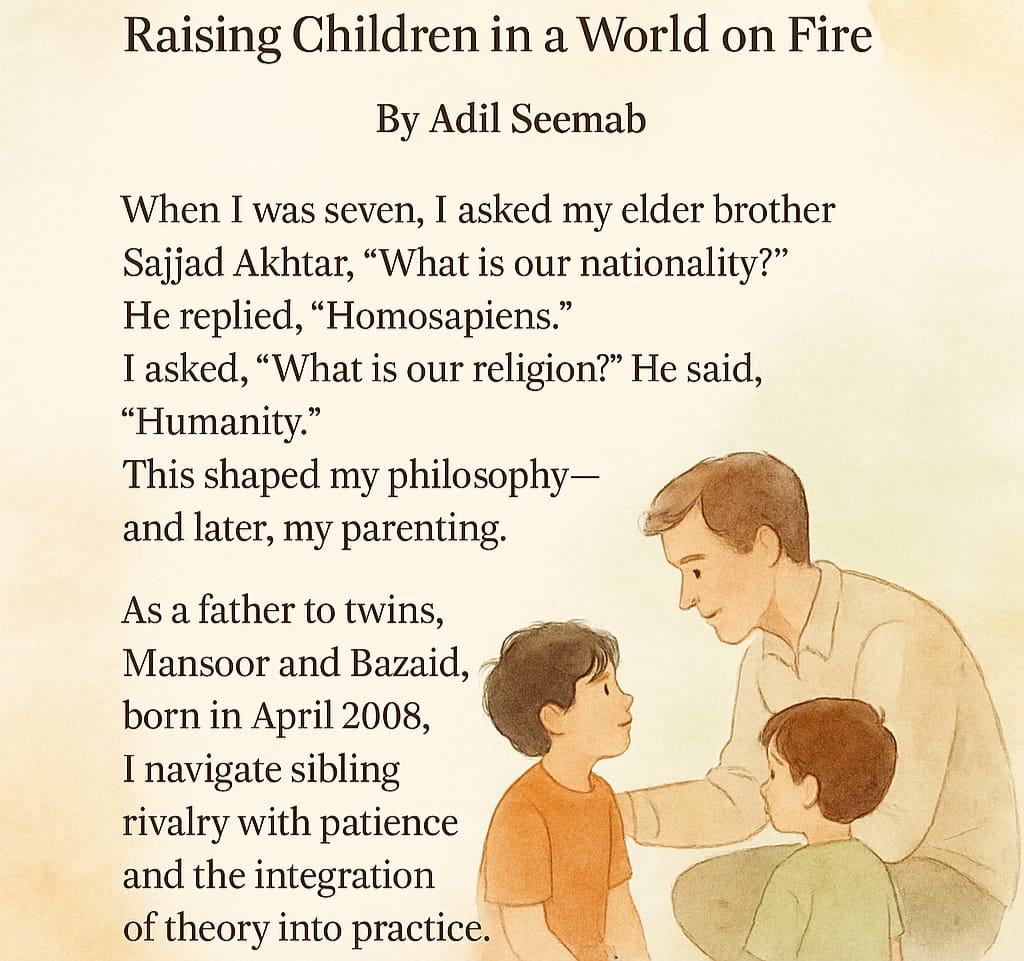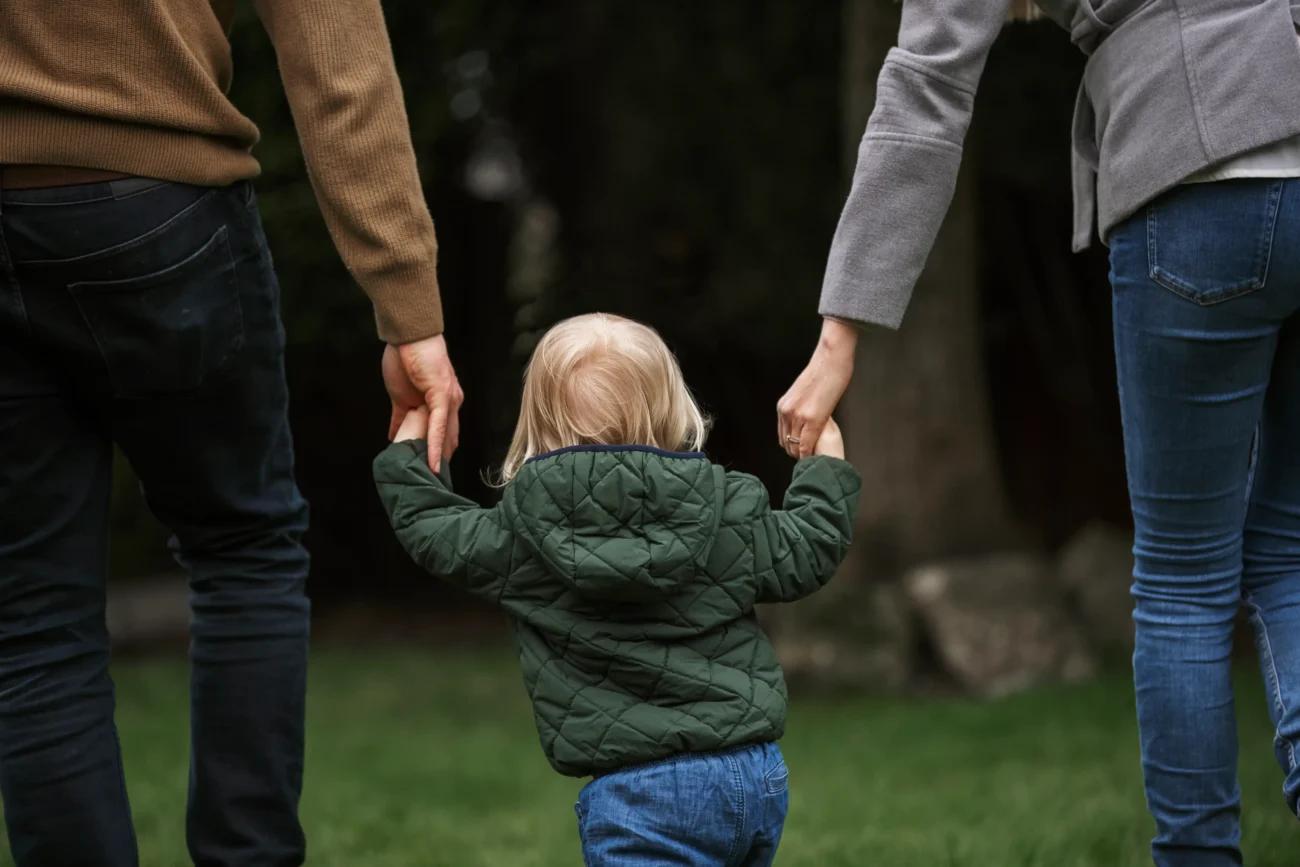I once met a little boy named Rayan at a family gathering. He was four, with curious eyes and a habit of asking “why” a hundred times in a row. His father, visibly exhausted, snapped:
“Stop asking so many questions!”
Rayan shrank into silence.
I sat beside him later and asked, “Why do you like asking so many questions?”
He looked up and whispered, “Because everything is new.”
That one moment sums up the spirit of gentle parenting—choosing connection over control, curiosity over compliance, and compassion over coercion.
What Is Gentle Parenting, Really?
Gentle parenting isn’t about being permissive or letting children run wild. It’s a philosophy rooted in respect, empathy, and boundaries. At its heart, it believes children are people—not projects.
It means:
Validating emotions rather than dismissing them.
Listening instead of lecturing.
Guiding rather than punishing.
It means parenting without fear—yours or theirs.
Why Fear Doesn’t Work?
Fear-based parenting—yelling, threats, punishments—might give short-term obedience. But it:
Damages trust
Teaches children to fear, hide, or lie
Builds anxiety and aggression, not responsibility
Studies in child psychology show that consistent, empathetic parenting leads to better emotional regulation, self-esteem, and long-term resilience. Kids raised without fear grow into adults who don’t mistake love for control.
The Magic of Connection
Imagine this: Your child spills milk on the floor.
The fear-based response: “Why can’t you be more careful?! You’re always making a mess!”
The gentle response: “Oops, we made a mess. Let’s clean it up together.”
One blames. The other teaches.
One instills shame. The other builds character.
Gentle parenting isn’t about letting kids “get away with it.” It’s about modeling the behavior we want them to learn—self-control, kindness, accountability.
A Story of Transformation
A mother I once coached, Anaya, shared how her toddler would hit during tantrums. Her instinct was to shout. But she tried something new.
Next time, she knelt, held his hands, and said softly, “I won’t let you hit me. I see you’re upset. I’m here. Let’s breathe together.”
The child stopped. He melted into her arms, sobbing.
Months later, he began to say, “I feel angry, but I won’t hit.”
That’s the power of gentle parenting. Not instant obedience—but lasting inner growth.
Simple Ways to Practice Gentle Parenting
1. Pause Before You React –Your tone teaches more than your words.
2. Validate Feelings – “I see you’re upset” can calm storms.
3. Use Natural Consequences – Let real-life guide lessons, not fear.
4. Model Calmness – If you lose it, apologize. That, too, is teaching.
5. Create a Safe Space for Emotions – All feelings are welcome. Not all behaviors are.
Raising Peaceful Generations
Our children are mirrors, not clay. They don’t need to be molded—they need to be met.
Gentle parenting isn’t perfect parenting. It’s present parenting.
So next time your child questions, spills, screams, or stumbles—pause. See the human behind the behavior.
Because when children are raised without fear, they don’t just grow up—they rise.






Leave a comment